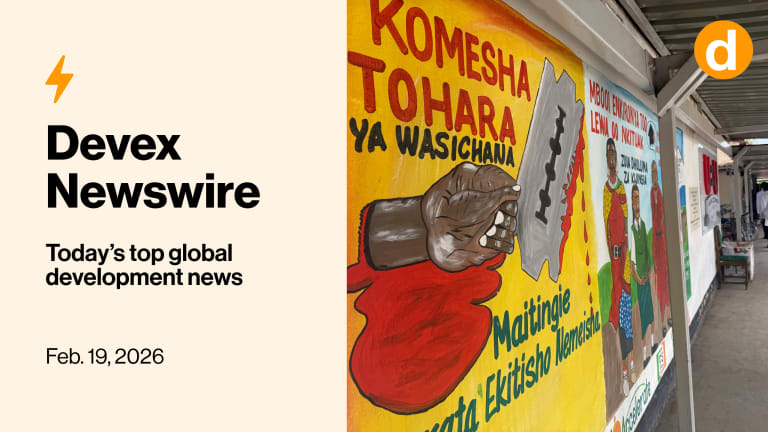“When we see men of a contrary character, we should turn inwards and examine ourselves,” Confucius said.
This World Humanitarian Day, two messages will resonate strongly leading up to and during the day: Humanitarians are not a target, and aid needs to be “decolonized.” While these themes highlight the perilous and dramatic environment for current humanitarian work, the first is unequivocally clear, whereas the second is loaded with meaning that needs to be unpacked to frame the problem accurately — and start solving it.
The call for “decolonizing aid” divides the humanitarian world into those who provide assistance on quasi-colonial terms and the aid recipients, on whom the terms of this aid are imposed, reinforcing dependency, and making the whole system self-serving. The proposed solution is to remove layers of intermediaries before aid reaches the intended recipients and/or change the composition of that layer from foreign to local groups. But is this problem statement accurate, and is the proposed remedy going to be effective?








